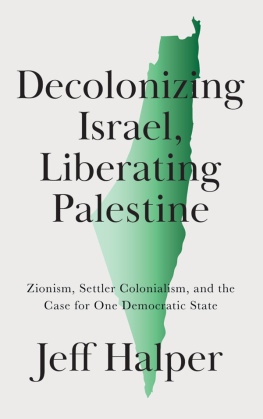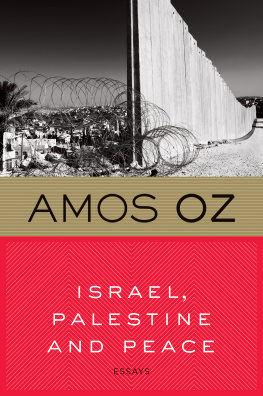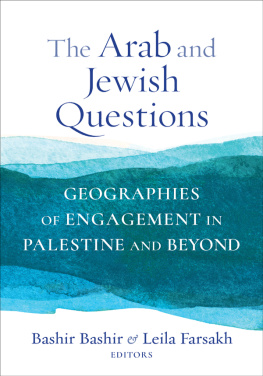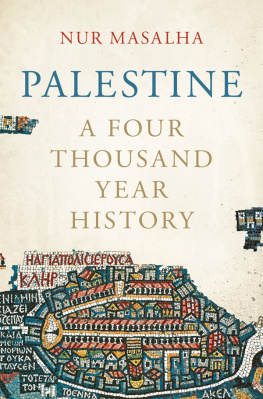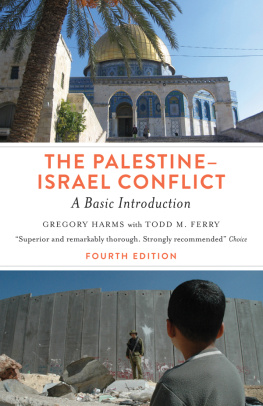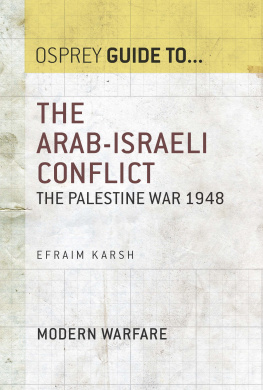Jeff Halper - Decolonizing Israel, Liberating Palestine: Zionism, Settler Colonialism, and the Case for One Democratic State
Here you can read online Jeff Halper - Decolonizing Israel, Liberating Palestine: Zionism, Settler Colonialism, and the Case for One Democratic State full text of the book (entire story) in english for free. Download pdf and epub, get meaning, cover and reviews about this ebook. year: 2021, publisher: Pluto Press, genre: Politics. Description of the work, (preface) as well as reviews are available. Best literature library LitArk.com created for fans of good reading and offers a wide selection of genres:
Romance novel
Science fiction
Adventure
Detective
Science
History
Home and family
Prose
Art
Politics
Computer
Non-fiction
Religion
Business
Children
Humor
Choose a favorite category and find really read worthwhile books. Enjoy immersion in the world of imagination, feel the emotions of the characters or learn something new for yourself, make an fascinating discovery.
- Book:Decolonizing Israel, Liberating Palestine: Zionism, Settler Colonialism, and the Case for One Democratic State
- Author:
- Publisher:Pluto Press
- Genre:
- Year:2021
- Rating:3 / 5
- Favourites:Add to favourites
- Your mark:
Decolonizing Israel, Liberating Palestine: Zionism, Settler Colonialism, and the Case for One Democratic State: summary, description and annotation
We offer to read an annotation, description, summary or preface (depends on what the author of the book "Decolonizing Israel, Liberating Palestine: Zionism, Settler Colonialism, and the Case for One Democratic State" wrote himself). If you haven't found the necessary information about the book — write in the comments, we will try to find it.
For decades we have spoken of the Israel-Palestine conflict, but what if our understanding of the issue has been wrong all along? Here is a detailed explanation of how the concept of settler colonialism provides a clearer understanding of the Zionist movements project to establish a Jewish state in Palestine, displacing the Palestinian Arab population and marginalizing its cultural presence.
Jeff Halper, head of the Israeli Committee Against House Demolitions (ICAHD) and author of An Israeli in Palestine, argues that the only way out of a colonial situation is decolonization: the dismantling of Zionist structures of domination and control and their replacement by a single democratic state, in which Palestinians and Israeli Jews forge a new civil society and a shared political community. To show how this can be done, Halper uses the 10-point program of the One Democratic State Campaign as a guide for thinking through the process of decolonization to its post-colonial conclusion. Topics include:
*How Does Zionist Settler Colonialism Work?
*The Three Cycles of Zionist Expansion
*Hasbara: The Management of Legitimacy
*A Plan of Decolonization
*Inching Toward Decolonization
*Forms of Palestinian Resistance and Agency
*Strategy: how Do We Get There?
*And much more!
Halpers unflinching reframing will empower activists fighting for the rights of the Palestinians and democracy for all. He says, But this is not a book about settler colonialism or Zionism per se. It is a book about summoning power and decolonization, about dismantling a settler regime and replacing it with something more equitable.
Jeff Halper: author's other books
Who wrote Decolonizing Israel, Liberating Palestine: Zionism, Settler Colonialism, and the Case for One Democratic State? Find out the surname, the name of the author of the book and a list of all author's works by series.

